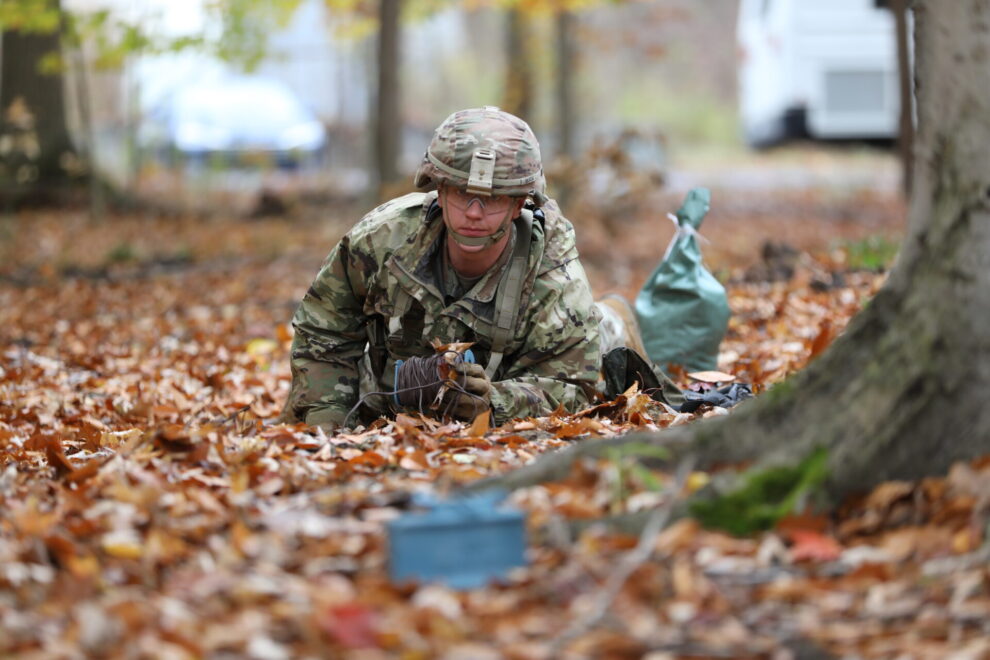Four New York Army National Guard combat medics assigned to the 466th Medical Company, Area Support (MCAS), went through a Brazilian jungle familiarization and academics course with U.S. Army South, the 101st Airborne Division (Air Assault), 7th Special Forces Group, and 1st Security Forces Assistance Brigade soldiers November 1-4, 2023, in Belem, Brazil, ahead of Southern Vanguard 24.
The four medics are among 18 medical personnel working in Belem, Macapa, and Oiapoque, providing medical care along with their Brazilian partners to all the service members training during Southern Vanguard, November 6-16.
New York Army National Guard Major Shelly Respecki, the commander of the 466 MCAS, believes the opportunity to learn about the jungle from the Brazilian Army is an invaluable experience.
“The course allows our soldiers to understand what threats and risks are involved with training in the jungle,” said Maj. Respecki. “We’ll be better able to treat the participants knowing what they’re going through and how to survive in the jungle if needed to potentially sit on a patient.”
The jungle course consisted of day and night portions that included a familiarization of different fruits and vegetables in the jungle, hunting and survival techniques, day and night land navigation, and conducting jungle movements and recovery.
U.S. Army National Guard Sergeant Brion Pasquale, a combat medic and civilian emergency medical technician, is returning for his second visit to Brazil after attending Operation Parana III in the southern region of Brazil.
“I really love coming back to Brazil, it was such a great experience the first time but to get this type of training in the Amazon is special,” said Sgt. Pasquale.
The 466 MCAS will have medical field tents out in the various locations to treat a variety of injuries such as heat-related illnesses, environmental threats, emergency trauma, and any potential illnesses or diseases.
“We have a strong team here on the ground with lots of experience,” said Maj. Respecki. “The Brazilian medical team here have been open and receptive, and it’s been great working together.”
Source: Dialogo-americas
















